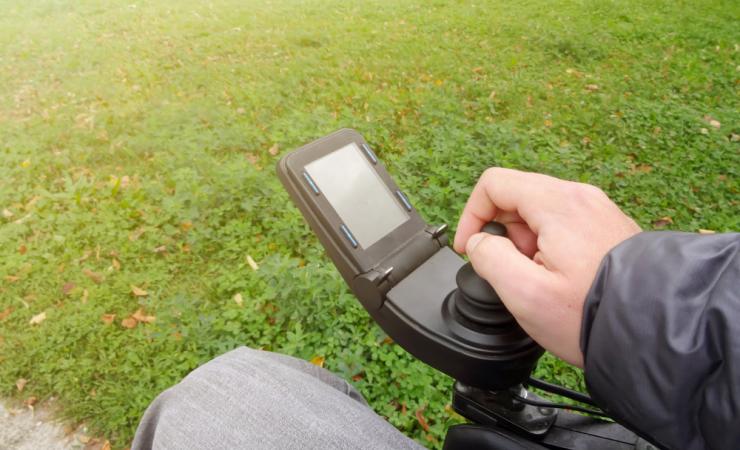Developing new treatments for rare diseases is highly challenging. Because there are, by definition, very few patients with each rare disease, there is a major lack of data on patients’ needs, preferences and experiences of living with the disease. Furthermore, what little data exists is often fragmented and hard to access.
The aim of PaLaDIn is to address this head-on by developing a state-of-the-art platform dubbed the ‘Interactium’ to drive innovative, real-world data collection from patients with rare diseases. The project focuses on rare neuromuscular diseases (NMDs), specifically Duchenne muscular dystrophy (DMD) and facioscapulohumeral muscular dystrophy (FSHD). The team plans to leverage the TREAT-NMD Global Registry Platform, which brings together over 60 NMD patient registries which collect patient data following a harmonised data model.
The Interactium will be able to integrate data from diverse sources, including patient-reported outcome/experience measures (PROMs and PREMs), as well as digital outcome measures from wearable devices, all of which will be co-created with patients.
A patient interface will facilitate the collection of data and information on preferences, and also allow users to visualise their data and control how it is used.
“The mission of this consortium of partners is to create a data platform that will help to pioneer effective treatments, delivering the best care for those living with NMD and other rare diseases across the world,” said David Allison, CEO of TREAT-NMD Services. “One of the biggest challenges we face in our field is the lack of patient data. PaLaDIn is designed to tackle exactly that challenge, working with patients, healthcare professionals and researchers to collate impactful data that can make a big difference in rare disease diagnosis and treatment.”
The project will maximise the utility, interoperability and reusability of the Interactium data so that it can be widely used by researchers and industry working to improve the lives of people living with NMDs. In this way, the Interactium will incorporate the voices of people with NMDs in research, drug development and care planning.
The project will test the feasibility of using data from the Interactium to influence health research and care via four use cases: on regulatory decision-making; monitoring patient care; creating standards of care; and facilitating clinical trials.
The project is coordinated by a patient organisation and the partners include experts in NMDs, patient advocacy and data science. They hope that their results will not only improve the lives of people with NMDs, but will prove useful to other rare disease communities around the world facing similar challenges.
"Until few years ago, patients with Duchenne and Becker muscular dystrophy and their families did not even know that there was aggregated data or that these could be used,” said Ezio Magnano, President of Parent Project aps. "Knowing that today, Parent Project APS is leading a trans-European project aimed at collecting data relevant to patients and their families that can reflect their real lives is a dream come true."
“There are currently no approved therapies for FSHD, and healthcare providers struggle to meet the needs of patients in their healthcare journey,” added Kees van der Graaf, FSHD patient advocate and board member of FSHD Europe.” PaLaDIn represents the hope for me and my family, and everyone affected by this disease, that one day soon, not only will effective therapies become available, but we will be able to access them when they do.”
